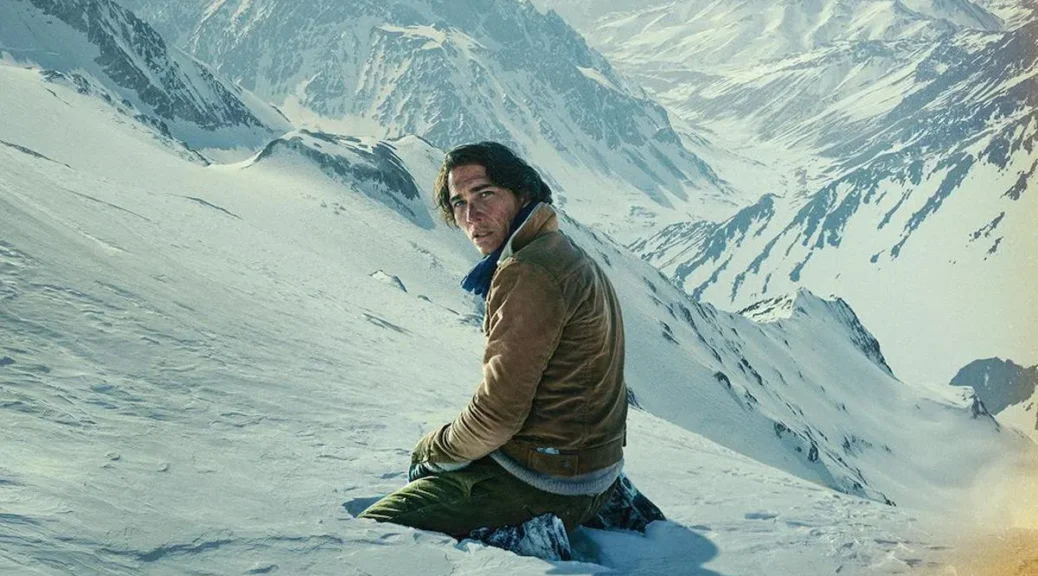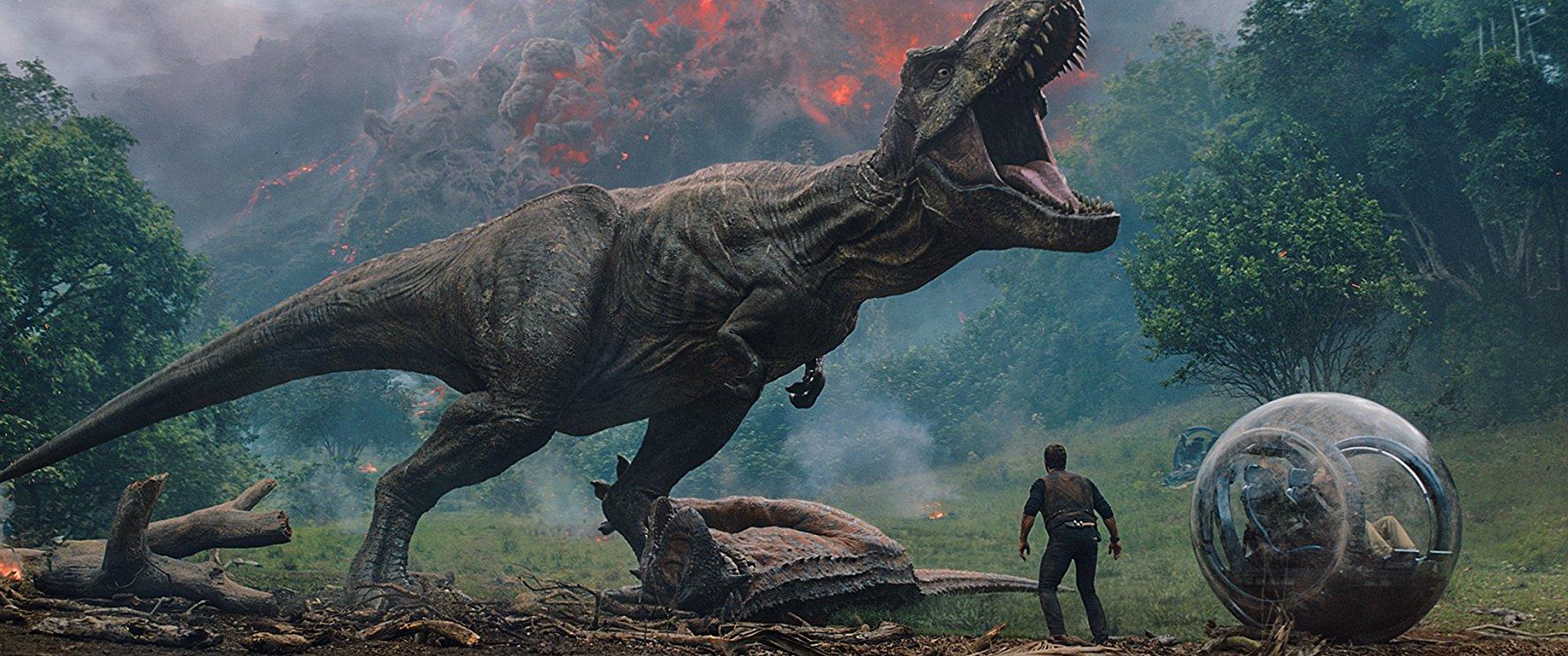Society of the Snow
by George Wolf
2012’s The Impossible proved director J.A. Bayona could recreate a real life disaster with heart-racing precision, and then mine the intimate aftermath to find a touching depth.
Since then, he’s had his big screen mind on monsters, with results both miraculous (A Monster Calls) and mixed (Jurassic World: Fallen Kingdom). Now, Netflix’s Society of the Snow finds Bayona back in the true adventure business.
And his business in Society of the Snow is heartbreakingly, thrillingly, unbelievably good.
It’s the latest account of the 1972 Andes flight disaster, a legendary ordeal that has been detailed in several books and films over the last five decades plus. Bayona read Pablo Vierci’s “La Sociedad de la Nieve” while researching The Impossible, bought the rights soon after, and now teams with co-writers Bernat Vilaplana and Jaime Marques for a harrowing and fittingly reverent treatment.
Following Vierci’s lead, Bayona makes sure we get to know many of the members of the ill-fated Uruguayan rugby team, who were on their way to a long weekend in Chili when their plane – carrying 40 passengers and 5 crew members – went down among the snowy peaks.
After an introduction that endears the young men to us via enthusiastic friendship and youthful naïveté, Bayona pulls us into the crash experience with a spectacular, terrifying set piece almost guaranteed to whiten your knuckles and quicken your pulse.
It’s a stunner, as it should be, because it anchors the film in a survival mode that will be tested beyond what most people could ever imagine.
The ensemble cast, filled mainly with newcomers, is deeply affecting. The survivors will be pushed to their physical, moral and spiritual breaking points, and these young actors make sure not one exhausting second of it feels false.
Bayona and cinematographer Pedro Lugue present the Andes as a beautiful monster in its own right, capable of majesty and menace in equal measure. The smaller you feel, the better, so experience this one on the biggest screen you can find.
Forget what you know. Even if you’re aware of what these people went through, Society of the Snow will reframe the tale with a deeper level of humanity and courage. And should this legend be new to you, resist the urge to research until after you’ve seen Bayona’s take.
It’s one unforgettable journey.



